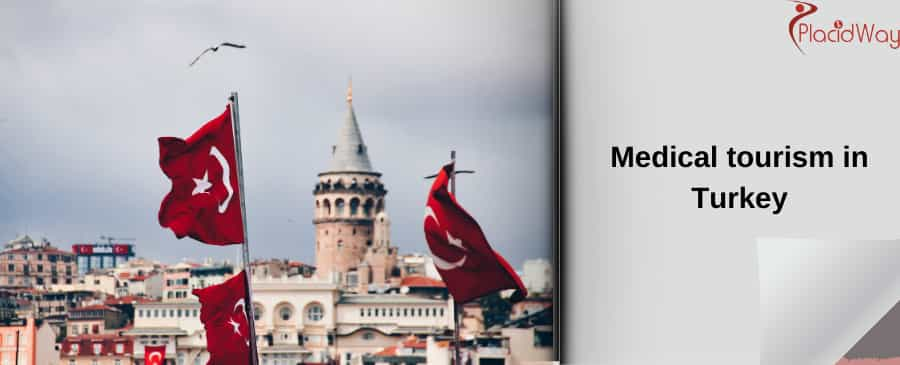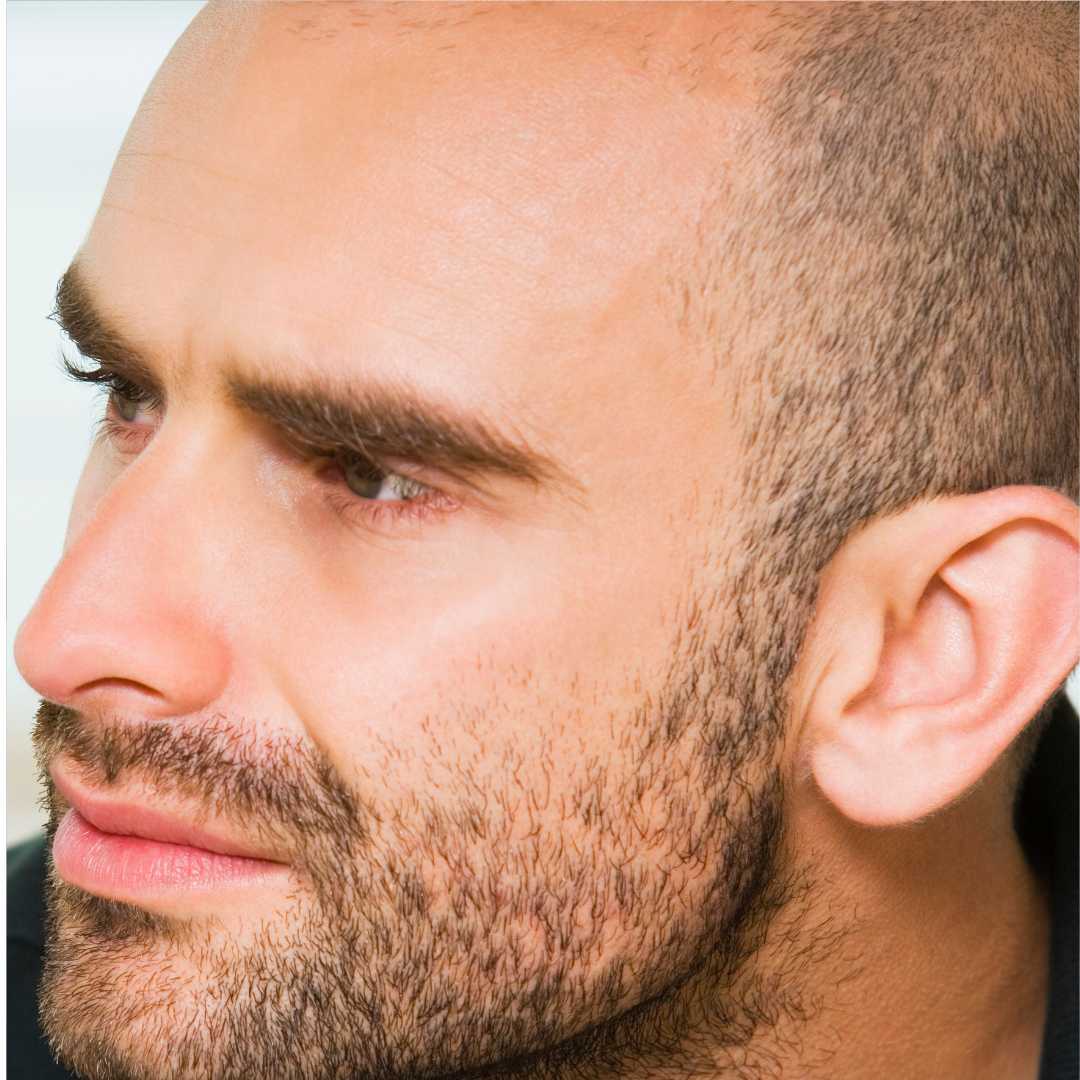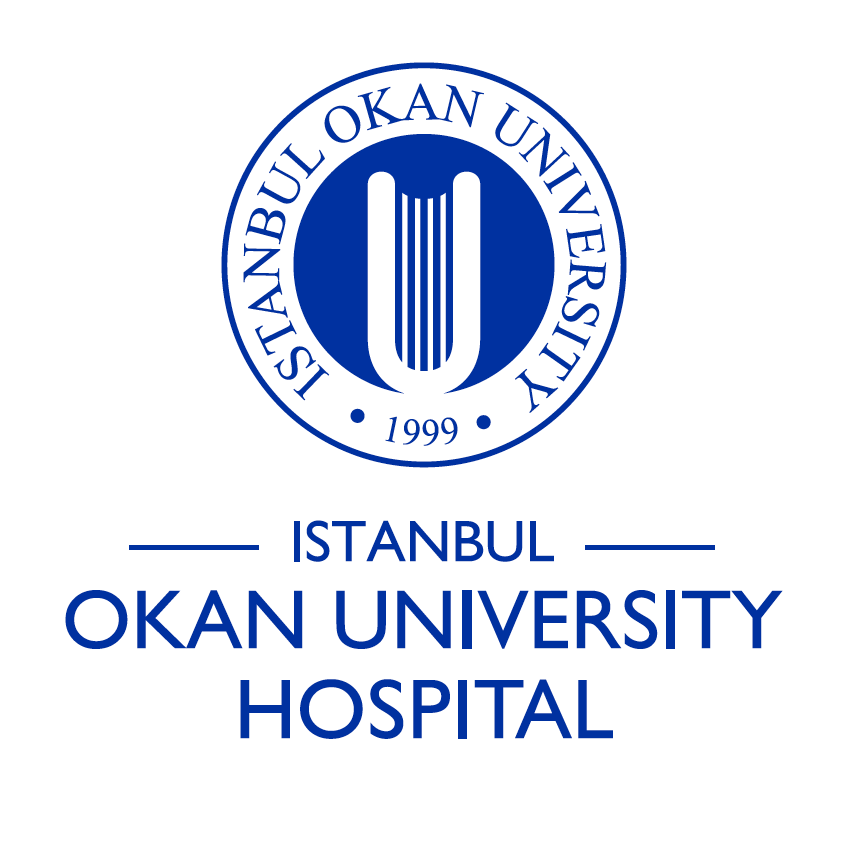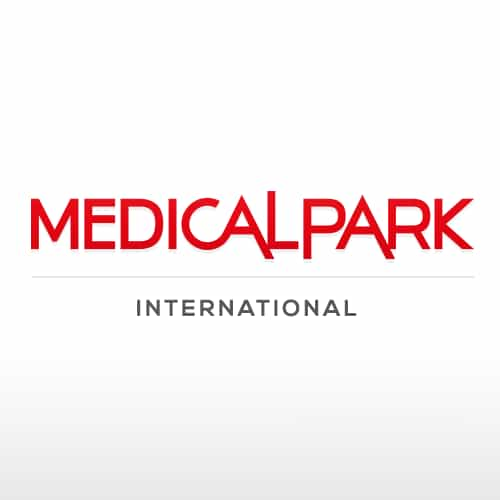The 2025 Guide to Medical Tourism in Turkey for European Patients

For many Europeans, the rising costs of private healthcare and frustratingly long waiting lists on national health services have become a significant concern. When faced with a necessary medical procedure, the choice is often between a long, anxious wait or a financially daunting private bill. It is in this environment that medical tourism in Turkey has emerged as a game-changing solution. European patients are increasingly looking across the continent to a country that offers a unique combination: world-class medical standards at prices that seem almost too good to be true. The allure of Turkey isn't just about saving money; it's about gaining immediate access to highly skilled specialists, advanced technology, and internationally accredited facilities without the financial strain experienced at home. The affordability of healthcare in Turkey for European patients is not a gimmick; it's the result of a perfect storm of economic factors, including a favorable currency exchange rate, lower operational and living costs, and strong government support for the medical tourism sector. This allows Turkish clinics to provide top-tier services—from complex dental work and life-changing cosmetic surgeries to cutting-edge hair transplants—at a fraction of the price. This guide will provide a comprehensive breakdown of just how affordable this option is, exploring specific procedure costs, what's included in typical packages, and why the lower price tag does not mean a compromise on quality or safety.
Why is medical treatment in Turkey so much cheaper for Europeans?
The dramatic price difference between healthcare in Turkey and Western Europe often raises the question: "What's the catch?" The answer lies in economics, not in a lack of quality. Firstly, the Turkish Lira (TRY) offers a significant exchange rate advantage against stronger currencies like the Euro (€) and the British Pound (£). This means your money simply goes much further, instantly reducing the cost of any procedure. Secondly, the overall cost of running a business in Turkey is substantially lower than in, for example, Germany or the UK. This includes everything from the cost of medical supplies and utilities to the salaries of highly qualified medical and administrative staff. These savings are passed directly on to the patient. Finally, the Turkish government actively promotes and subsidizes the health tourism sector, recognizing its economic importance. This support helps clinics invest in the latest technology and maintain competitive pricing to attract international patients.
- Favorable Exchange Rate: Euros and Pounds have strong purchasing power against the Turkish Lira.
- Lower Operational Costs: Reduced expenses for clinics mean lower prices for patients.
- Government Support: Incentives and subsidies help keep the industry competitive.
How much can European patients realistically save?
The savings are not marginal; they are substantial enough to cover the entire cost of travel and accommodation and still leave you with a significantly lower bill than you would have faced at home. For many, this is the deciding factor. It turns an unaffordable private procedure in their home country into a financially manageable trip. Let's look at a clear cost comparison for some of the most popular procedures:
| Procedure | Average Cost in UK/Germany (€) | Average Cost in Turkey (€) | Potential Savings |
|---|---|---|---|
| Hair Transplant (4000 grafts) | €8,000 - €15,000 | €1,800 - €3,500 | ~75% |
| Single Dental Implant | €2,500 - €4,000 | €500 - €900 | ~80% |
| Rhinoplasty (Nose Job) | €6,000 - €10,000 | €2,500 - €4,500 | ~60% |
| Gastric Sleeve Surgery | €10,000 - €16,000 | €3,000 - €5,000 | ~70% |
What is the cost of a hair transplant in Turkey?
Turkey is globally recognized as the number one destination for hair transplantation. Clinics in Istanbul perform thousands of procedures annually, and the competition has driven both quality up and prices down. The most common techniques, FUE (Follicular Unit Extraction) and DHI (Direct Hair Implantation), are offered by highly experienced surgeons using the latest technology. For a European patient, the cost is a major draw. A procedure that could easily cost £10,000 in a London clinic is available for a fraction of that price in Turkey. The packages are designed for convenience, ensuring that from the moment you land, every aspect of your trip is managed, allowing you to focus solely on your procedure and recovery.
How affordable are dental treatments like implants and veneers?
Dental care is one of the most expensive healthcare sectors in Europe, forcing many to neglect necessary treatments. Turkey offers a solution with its state-of-the-art dental clinics and highly skilled dentists, many of whom are trained in Europe or the US. Whether you need a single implant, a full mouth restoration with "All-on-4" implants, or a cosmetic smile makeover with veneers (often called "Turkey teeth"), the savings are profound. Clinics use globally recognized brands for implants and materials (like E.max for veneers), so the quality of the materials is identical to what you would receive at home. The difference is purely in the cost of the labour and the operational expenses of the clinic.
What about costs for cosmetic surgery?
Turkey has become a major hub for aesthetic surgery, attracting patients from all over the world. The country's surgeons are renowned for their expertise, particularly in procedures like rhinoplasty and BBLs. The combination of artistry, skill, and affordability is unmatched. Patients can undergo transformative procedures in JCI-accredited hospitals that adhere to the highest international safety standards. The price will typically include the surgeon's fee, anaesthesia, hospital stay, medications, and initial post-operative care, providing a clear and upfront cost without the hidden fees common in other countries.
Do clinics offer all-inclusive packages for European patients?
These packages are a cornerstone of the Turkish medical tourism experience and are designed for maximum convenience. While the exact contents can vary, a typical all-inclusive package usually includes: The Medical Procedure: All costs related to the surgery or treatment. Accommodation: A stay in a 4 or 5-star hotel for the required duration. VIP Transfers: All ground transportation between the airport, hotel, and clinic in a private vehicle. Translator Services: An interpreter to assist during consultations and appointments. Post-Operative Care: Necessary medications, garments, and follow-up check-ups before you fly home. These packages remove the stress and uncertainty of planning, as the clinic's dedicated international patient team handles all the logistics for you. Flights are typically the only major component not included.
Is low cost an indicator of low quality or safety?
This is the most critical concern for any medical tourist, and it's one that Turkey's top-tier health sector addresses effectively. The country is home to more JCI-accredited hospitals than almost any other nation in the world. This accreditation is a rigorous process that ensures a hospital meets the same standards of care, safety, and operational excellence as leading hospitals in the USA and Western Europe. Furthermore, Turkish doctors undergo extensive and competitive training. Many have further specialized or gained experience in Germany, the UK, or the United States, and are fluent in English. When choosing a clinic, patients should always verify their accreditations and surgeon's credentials to ensure they are receiving care from a reputable provider.
What other costs should I budget for?
While the packages are comprehensive, you need to account for a few additional items. Flights: With numerous budget airlines flying from major European cities to Istanbul, Antalya, or Izmir, return flights can often be found for €150-€400 if booked in advance. Food and Daily Expenses: While some meals may be included at the hotel, you'll need a budget for lunches, dinners, and shopping. Food in Turkey is both delicious and very affordable. Travel Insurance: It's highly recommended to get comprehensive travel insurance that specifically covers medical tourism. Tourism: You may want to enjoy some of Turkey's rich culture and history during your recovery, so a small budget for sightseeing is a good idea. Even with these additional costs, the total expenditure remains a fraction of the cost of the procedure alone in Europe. For a seamless and trustworthy medical travel experience, finding the right partner is key. PlacidWay connects you with pre-screened, world-class clinics and hospitals in Turkey. Let us help you navigate your options and embark on your journey to affordable, high-quality healthcare.







.png)
_imresizer.jpg)
.png)
.png)






Share this listing